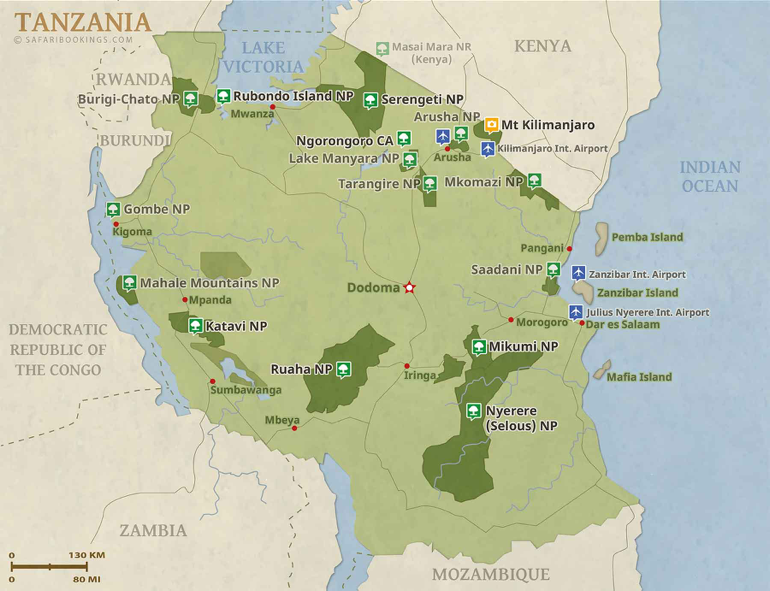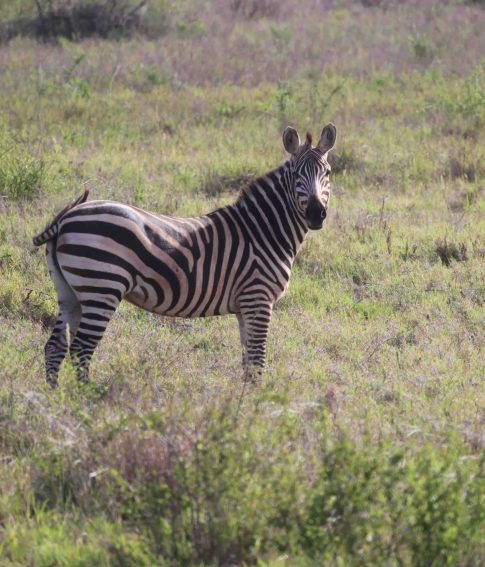- +255 694 457 022
- [email protected]
- ENQUIRE NOW
Menu
Discover Tanzania’s great natural beauties and hidden gems while supporting local people. That’s what we do with Luwai Tanzania Safaris, a Tanzania-registered safari company run by and with local people. Together with you, we will explore your unique journey.

Tanzania is a country located in East Africa.
It is known for its diverse wildlife and breathtaking natural landscapes, including the Serengeti National Park, Ngorongoro Crater, and Mount Kilimanjaro, the highest peak in Africa.
The country has a population of over 60 million people, with the majority living in rural areas. Tanzania’s economy is mainly based on agriculture, with major exports including coffee, tea, and cashew nuts. Tourism is also an important sector, with millions of visitors coming to Tanzania each year to experience the country’s wildlife, culture, and natural beauty.
Tanzania has a rich cultural heritage, with over 120 ethnic groups living in the country, each with their own traditions and customs. The Maasai people, known for their distinctive dress and jewelry, are one of the most well-known ethnic groups in Tanzania.
The country also has a fascinating history, with evidence of human habitation dating back over two million years.
The official language of Tanzania is Swahili, although English is widely spoken.

Tanzania has two main seasons, the dry season and the rainy season.
The dry season, which is also the high season for tourism, runs from June to October. During this time, the weather is generally dry and sunny, with lower humidity and cooler temperatures. This is the best time to go on safari in Tanzania, as wildlife is more easily visible due to the reduced vegetation and animals tend to congregate around water sources.
The rainy season runs from November to May, with the peak rainfall occurring between March and May. During this time, the weather is generally hotter and more humid, with daily afternoon showers and occasional heavy downpours. Wildlife tends to disperse more, making it more challenging to see certain species. It should be noted that Tanzania is a large country with different regions that have different weather patterns.
For instance, Tanzania’s coastal areas, including Zanzibar, have a monsoon season from March to May and a short rainy season from November to December.
Kilimanjaro and other mountain areas also have their own microclimates, with temperatures varying depending on altitude and time of year. It is therefore important to research the specific region you want to visit and pack accordingly.